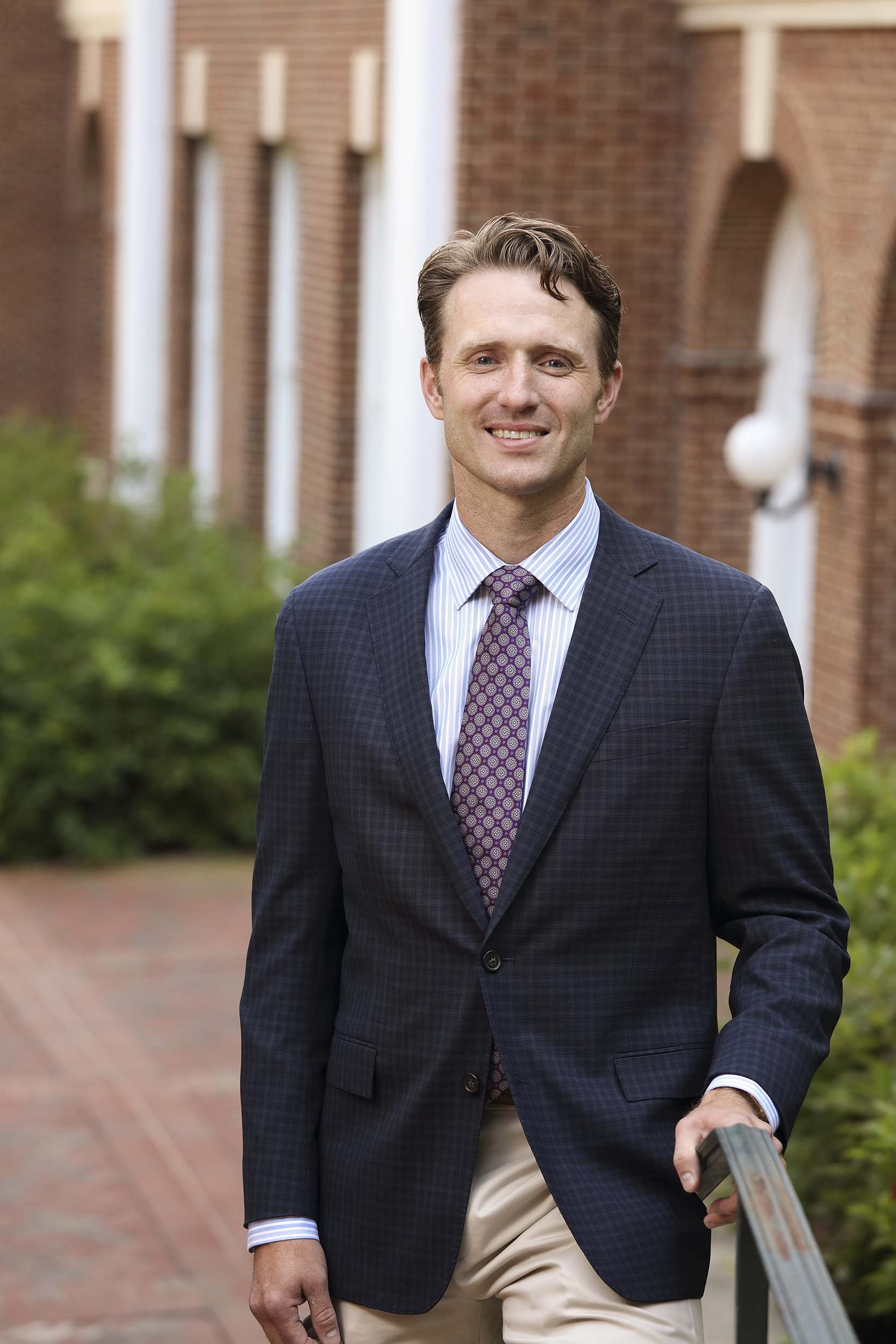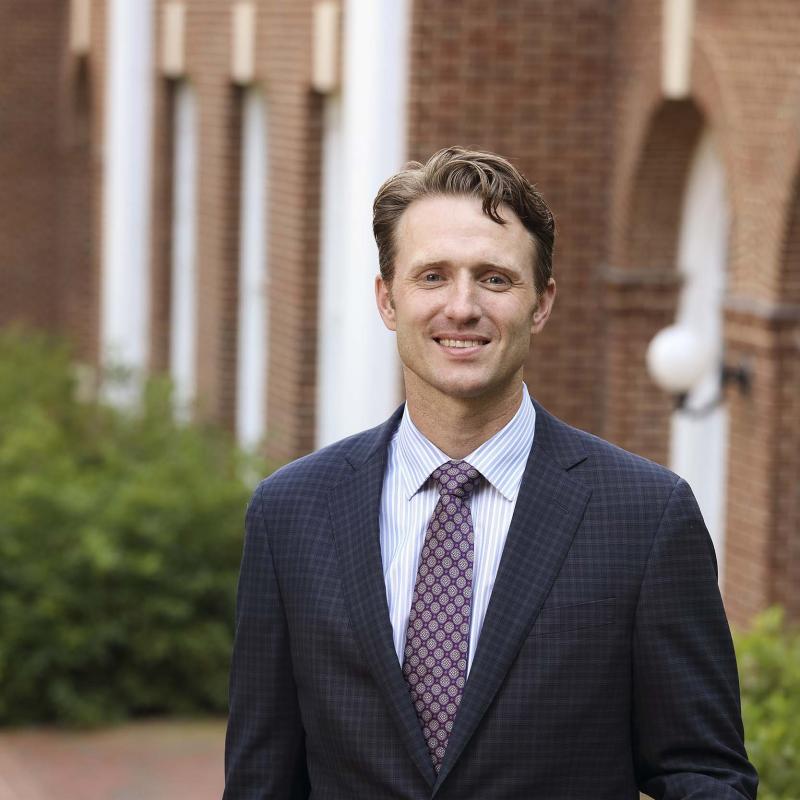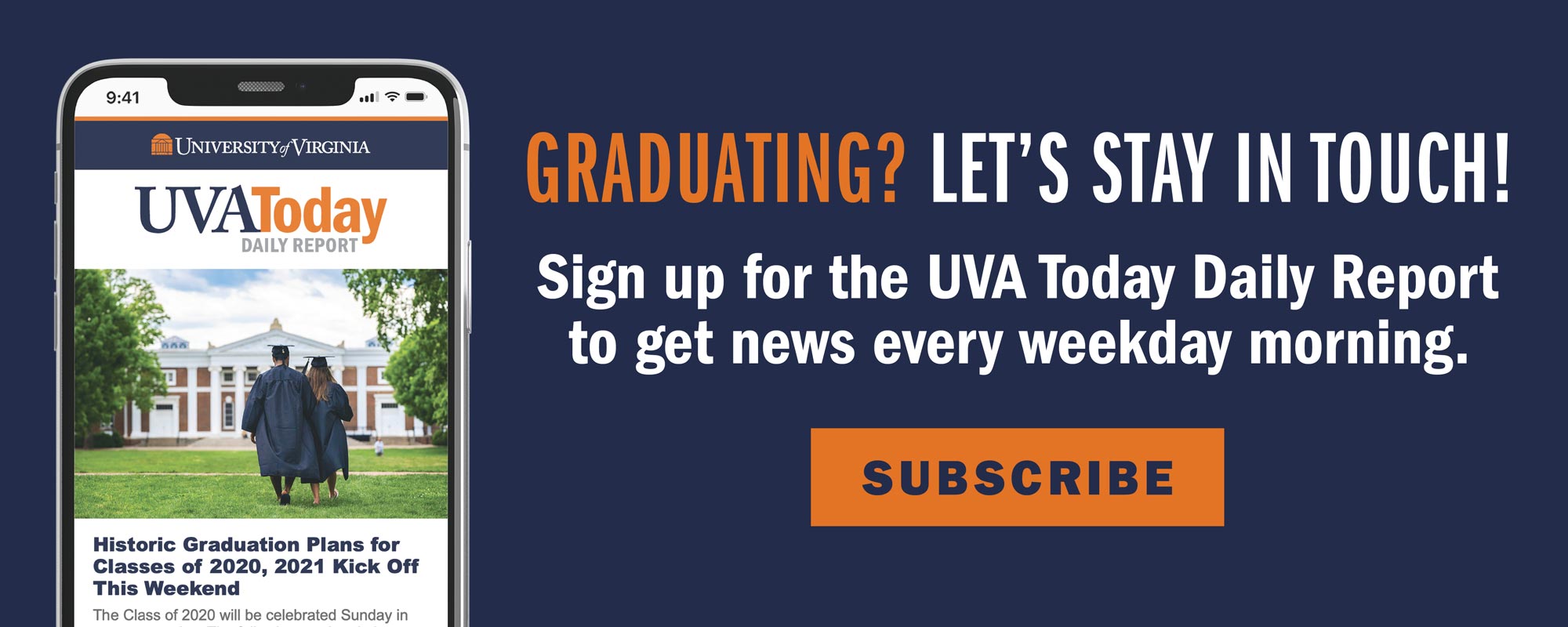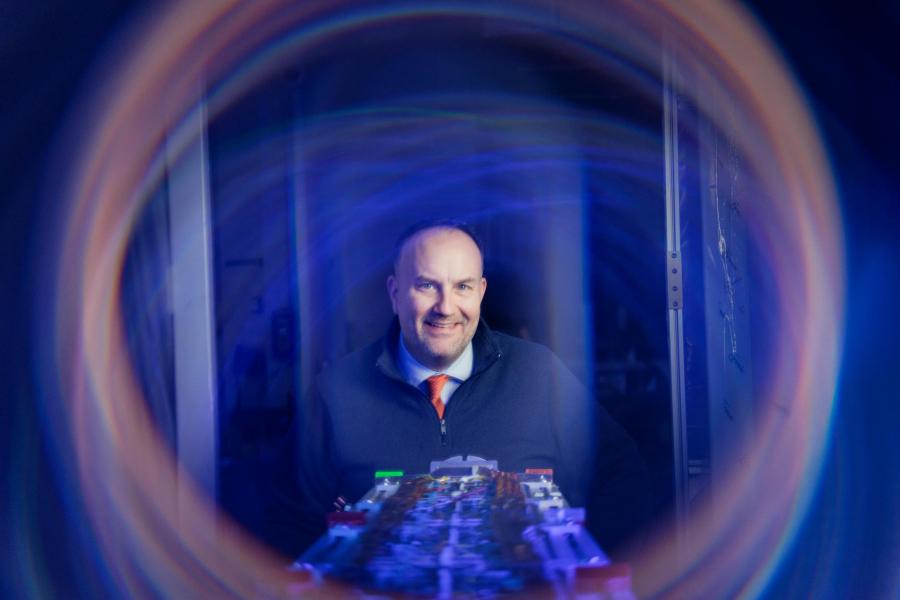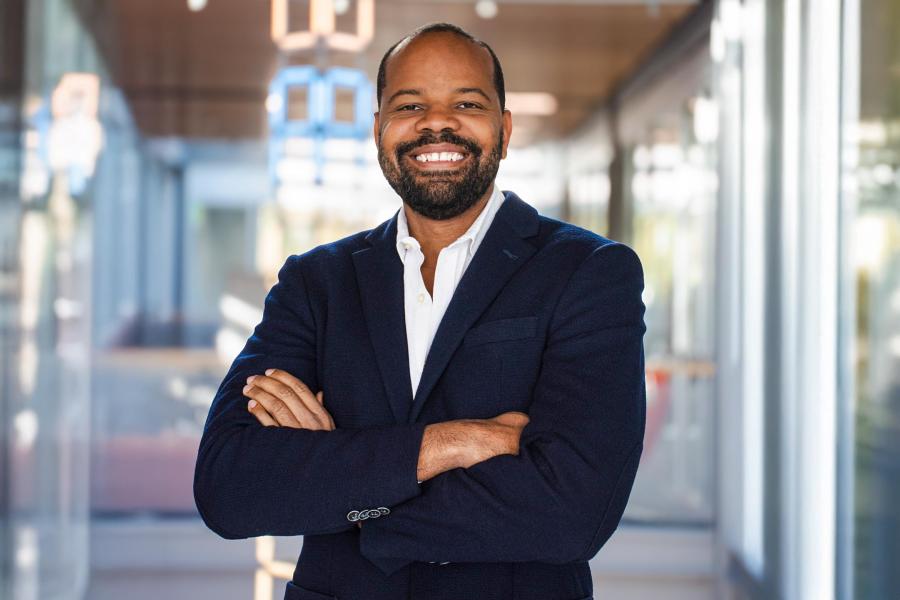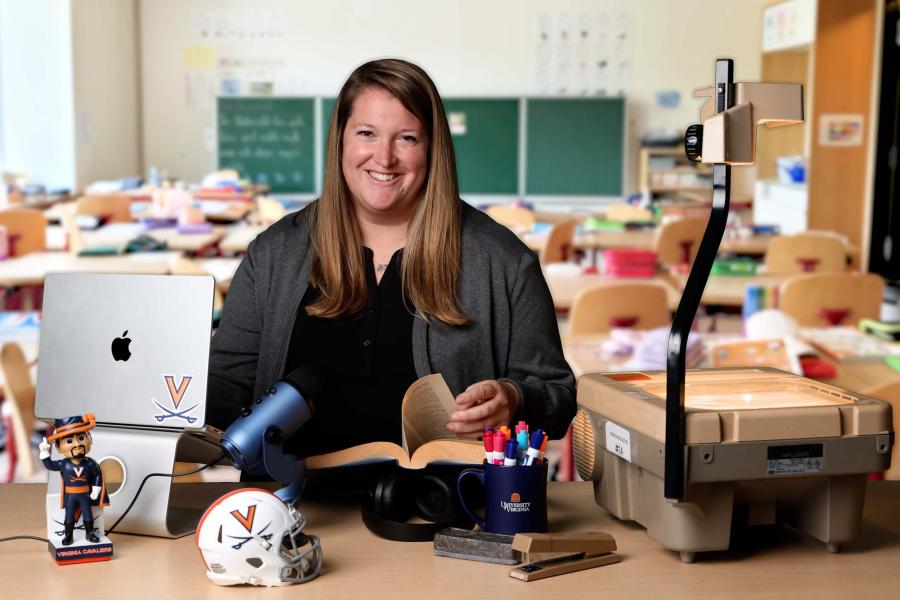A good deal of Lovelace’s research revolves around skills he learned in the Army. A main thing he looks at is how leaders process information, disseminate it and frame situations for people who are following them. Recently, Lovelace has examined how things such as fame and celebrity influence that process.
“Not everyone has to be cut from the same leadership cloth, but how do different leaders operate?” Lovelace said. “How do [leaders] think through problems, and then how do they behave as a result of the differences in the way that they think through different challenges? Do certain approaches work better – or worse – in different environments?”
Lovelace teaches a course, “Leaderships Across the Disciplines,” that is part of a relaunched leadership minor at McIntire that provides both commerce students and those enrolled in other UVA schools the chance to be a part of the McIntire environment.
In the course, Lovelace – who serves as director of the leadership minor program – has had many notable guest speakers, including UVA women’s soccer head coach Steve Swanson, who earlier this month led the Cavaliers to the College Cup, the “Final Four” of NCAA soccer.
Rising fourth-year student Thomas Doyle, a former Marine, said he considers himself extremely fortunate to have taken Lovelace’s course.
Doyle said Lovelace brings the same guidance to Student Veterans of America.
“In retrospect, I feel as though the year of working directly with him was almost a class ‘capstone,’ where lessons became grounded in reality by seeing that he actually approaches leadership in the same manner that he teaches it,” Doyle said.
Recently, Lovelace was named a finalist for Student Veterans of America Advisor of the Year award – no small feat, considering the number of chapters across the country and the fact that serving as an adviser is not his full-time job.
“Most of the things that [Lovelace] has accomplished are [typically] done by someone in a full-time administrative position dedicated to working with student veterans,” said Doyle, who served as the chapter’s president last year.
Assistant Dean of Students David Sauerwein, who works with the UVA Student Success Team – which supports veterans, first-generation and low-income students – said Lovelace’s personal knowledge of veteran needs, his approachability and his compassion are what makes him special.
“I feel really fortunate to have Professor Lovelace as a partner in this effort,” Sauerwein said. “A lot of people talk about supporting veterans, while Jeff does it – every day.”
Recently, Lovelace and Sauerwein partnered with offices across Grounds to create a space for veterans in Newcomb Hall that they hope to have open in the fall. They are also in the process of collecting data on veterans to better understand challenges they face.
“We want to raise the profile of veterans at UVA,” Sauerwein said. “Being a veteran means being part of an underrepresented group, which we want to make more welcome at UVA.”
Lovelace, who is a father of his own now – he has three children with his wife, Shanann – said increasing the number of student vets is a win-win.
“Student vets come in with a wealth of experience,” he said. “Not only do they deserve our support based on what they’ve done for our country, but they dramatically enhance the experience of all students on campus by adding that voice, by sharing their experiences, by being in the classroom in a way that enriches the community for all of us.
“My hope is that by supporting the student veteran population, not only are they getting more opportunities, but it’s bettering the entire UVA community.”
